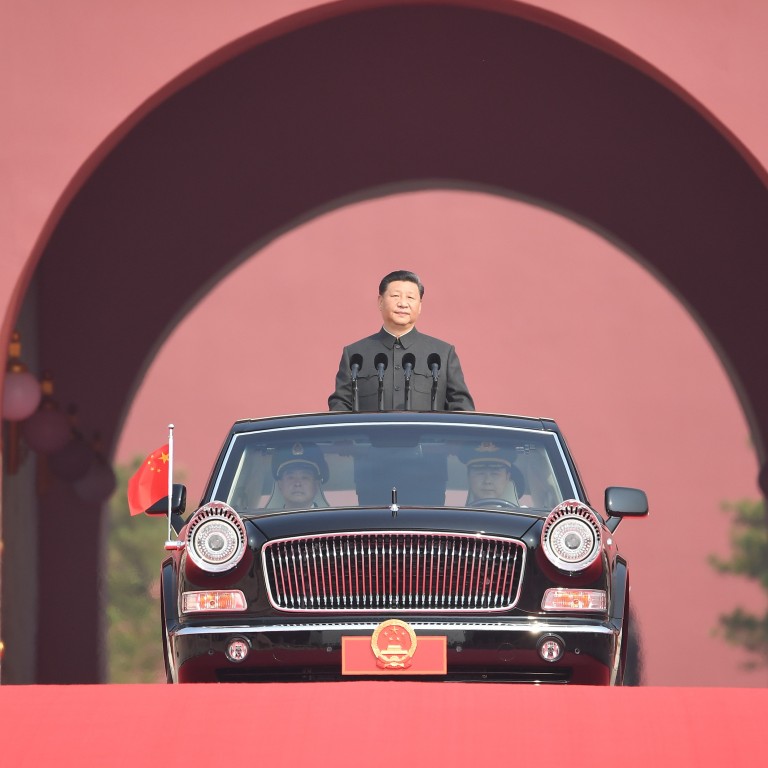
China’s dreams of world leadership are fading as its belt and road projects start to sour
- The Belt and Road Initiative, hailed for promoting development, is coming under fire as debt burdens grow, reflecting a growing wariness of Beijing’s posturing as a global leader-in-waiting on an international stage that seeks to promote debate rather than censor it
A good way to measure China’s appeal for the rest of the world is to gauge the success of its Belt and Road Initiative.
As of last September, Beijing had signed more than 190 cooperation documents with more than 160 countries and international organisations in support of the trade initiative to link economies into a China-centred trading network. Its cumulative investment has exceeded US$100 billion, with construction projects valued at a staggering US$720 billion.
Chinese state-owned enterprises were still moving car and steel capacity overseas, and building highways and cement plants in developing economies, but on a much smaller scale compared to their 2016 investment peak. Some countries (such as Myanmar, Sierra Leone and Tanzania) had become hesitant about continuing to borrowing large sums for fear of a debt trap.
There are very few global challenges for which China has proposed its own solutions. Rather, the Chinese government is more in the habit of signing on to initiatives advanced by others.
As US withdraws, is China ready for the burdens of global leadership?
If China wants to claim the mantle of leadership, it can start with meaningful proposals to tackle the world’s most pressing problems and show it can gain the backing of leading nations.
This hits at the heart of the Communist Party’s concern that liberalisation at home may create instability and jeopardise its rule. How can a ruling body afraid of its own shadow expect the world to be interested in emulating its governing style, or believe it is prepared to assume leadership in a world seeking to embrace debate, rather than make it illegal?
China has entered the arena crippled by its ideology, but with a clear sense of its interests, capabilities and strategy. Ultimately, the US is better equipped to lead the world. It knows that, and so does much of the rest of the world.
Daniel Wagner is CEO of Country Risk Solutions and author of the new book The America-China Divide. This is an edited excerpt from the book











